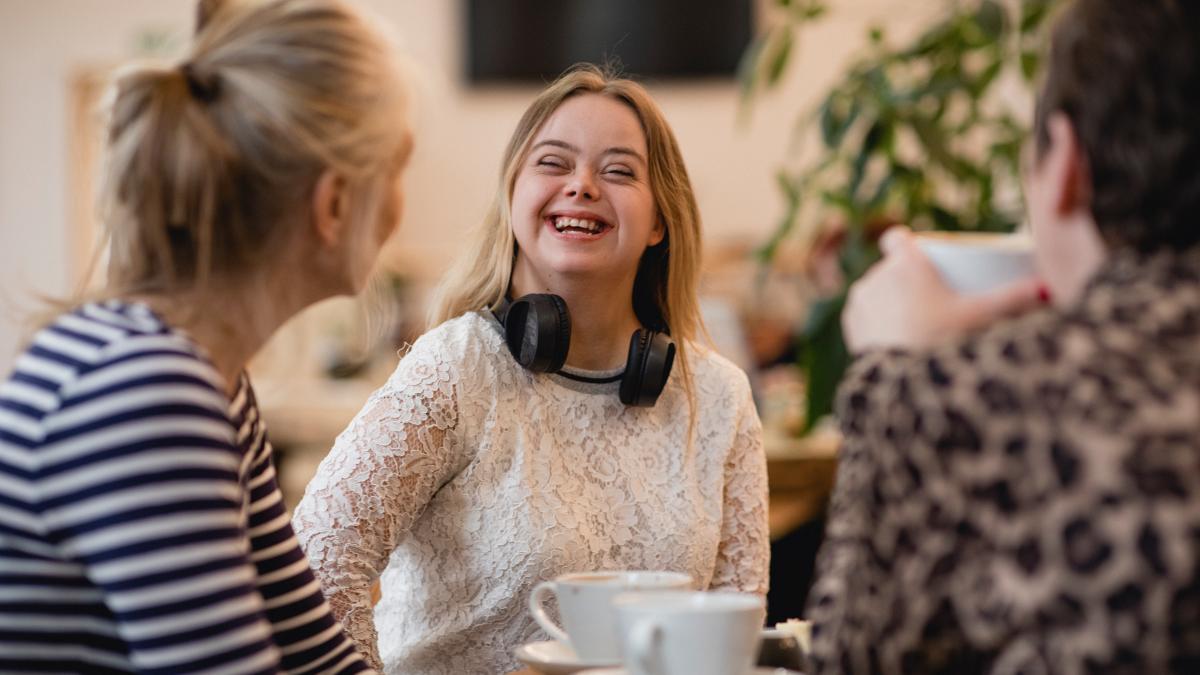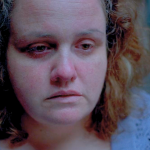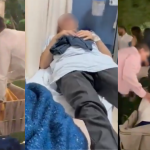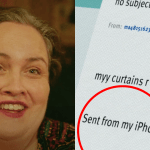
More than 4 million Australians (about 18% of the country’s population) live with disability. Of those people, almost half also have restrictions when it comes to schooling or employment, and a third need help with health care.
Yet, with such a large portion of the population living with disability, there is still a huge amount of work to be done to achieve equality in Australia. According to the Australian Institute of Health and Welfare, people with disability are more likely to experience violence, abuse, or sexual harassment at some point in their life than people without disability.
It’s findings like these that lead to the Royal Commission into Violence, Abuse, Neglect and Exploitation of People with Disability, established in April 2019. The first public hearings commenced in Brisbane in September 2019, marking the beginning of a long-overdue investigation responding to community concern about widespread reports of violence, abuse, neglect and exploitation of people with disability.
But Royal Commissions don’t happen overnight. Behind any investigation of this scale, there’s a team of people fighting to make it happen, and even more people demanding change from the findings.
One of those people is Zoe Gill. Zoe is a Master of Social Work grad who now works as an Assistant Director of Behaviour Support at the National Disability Insurance Scheme (NDIS) Quality and Safeguards Commission. That sounds like a big and important job because, well, it is.
Zoe cut her teeth working in various roles in the Human Services sector before completing her master’s degree at Griffith University, all while raising two small children. We sat down with Zoe to find out how she got her start in this industry, and what changes she hopes to see in the future, particularly off the back of the Royal Commission.
“I have spent the last 15 years in Human Services in varying roles, working with people with disabilities, and in child and youth advocacy — and working with people with psychosocial disabilities,” Zoe tells PEDESTRIAN.TV. She explains that while she’d worked in the industry for over a decade, she was keen to fill a gap in her clinical experience. “After spending time at Gold Coast Health — specifically in an advocacy role — I knew I needed to go back and complete my master’s in social work to round off my skills and help enhance my practice.”
Zoe decided that while her children were both young, it was a now or never situation with her studies. “I actually gave birth to my daughter on the same day as handing in an assignment,” she says. Zoe also explains that completing her master’s was her ticket to expanding where she was able to work, and helped to marry her on-the-job training with a tangible qualification that added weight to her resume.
PEDESTRIAN.TV: Can you explain what a day in the life of your role at the NDIS looks like?
Zoe Gill: Every single day I work to ensure the human rights of people with disabilities are upheld within NDIS service provision across Queensland. I feel privileged to be able to walk alongside people with disabilities when they are most vulnerable and help build capacity with the services and practitioners that support them.
We have a saying in our workplace: WTF. Which means “what’s the function?”. Understanding the function of someone’s behaviour by gathering evidence and observing someone in their own environments allows a practitioner to help, assist and support a person to achieve quality of life — an opportunity that everyone should be afforded, regardless of whether or not someone has a disability.
I also review cases with complexity and determine best actions by putting recommendations forward, applying our very complex state and federal legislation, as well as using best practice.
These case consults may be where a person has experienced an incident (they may have been abused or neglected whilst being supported in an NDIS service delivery environment), or [they] may be subject to unregulated restrictive practices. I get to understand what, how and why something happened, [to make sure] wherever possible that it never happens again. . . so I can strongly advocate for some of the most vulnerable people in our community.
I also actively regulate providers, which means that I review and work alongside NDIS providers to help them to understand their legislative obligations, I also may proactively support a provider to take actions to improve their service delivery.
PTV: Why did you choose to return to studying at Griffith Uni to take your knowledge in the disability sector to the next level?
ZG: Griffith University has practising teaching staff who understand that you come from the real world! They helped me discuss and balance family, work and life and they believed I could and they figuratively stood beside me and helped me get there.
Because I already had some experience working in the sector, I was able to work with teaching staff to design my own placement. The placement I achieved was working with people who were accessing alcohol and other drug services, and talking to them about their experiences. It was an incredible experience, the generosity and stories, as well as identifying systemic gaps in practice across the Gold Coast was truly amazing.
PTV: What is being done right now to ensure the safety of people living with disability?
ZG: The sector is currently working towards national consistency and is also focusing on the role of regulation to keep people with disability safe, no matter where they access services. In Queensland specifically, the NDIS Quality and Safeguards Commission has been functional for a year and is working towards making service providers that work with people with a disability accountable and transparent.
What we know is that people with a disability did previously have fewer opportunities to access quality medical care, and also have a range of coexisting conditions compared to the rest of the population. Through the Royal Commission, which is currently taking place, there has been a huge focus on people with complex support needs who are subject to restrictive practices. These practices impede on a person’s human rights, but there has never been a way to measure the impact on people with disability.
The NDIS and the Scheme Actuary has allowed us to understand how many people are nationally receiving support, and by regulating service delivery we ensure that it is of a quality standard and NDIS participants are treated with dignity, safely and with care, and their rights, wherever possible, are protected.
PTV: Do you feel there’s more to be done to achieve equality for Aussies living with disabilities, and are there any developments in the industry you think are exciting?
ZG: Positive behaviour support is the evidenced, best practice method of working with people with disabilities who have complex support needs to ensure their supports are individualised and meet their needs.
[It’s exciting because] this is the first time we have had a national approach to working with people who are subjected to restrictive practices, as well as the first time a national regulator is recognising that services to people with disability need to be transparent, and accountable.
I am living through the most exciting part of my career right now, as the work we do together at the Royal Commission in the [disability] sector is groundbreaking. People with disabilities deserve fair, equitable services, delivered with dignity, where their voices are heard, and valued in every aspect of their lives.
With the recommendations coming soon from the Royal Commission, this will only further help to improve disability practice across Australia.
If Zoe’s story has inspired you to shake up your career and make a real difference, suss out how Griffith Uni can help.



